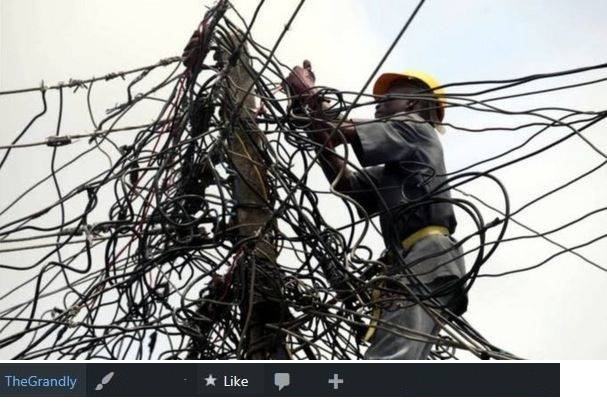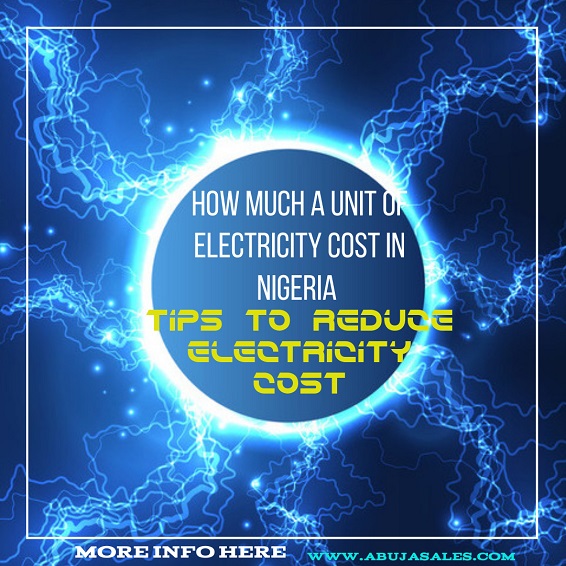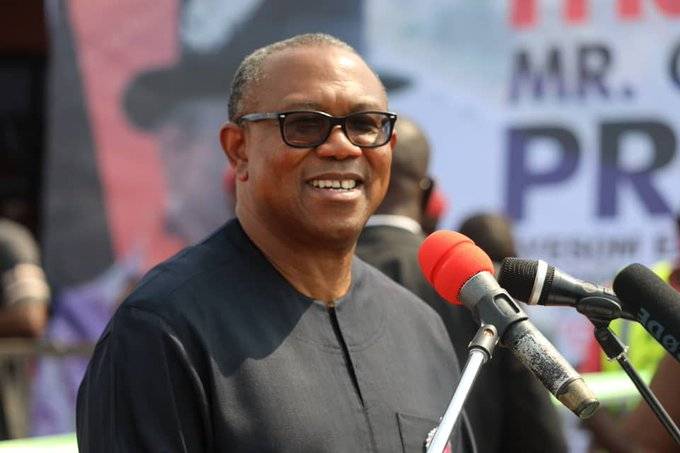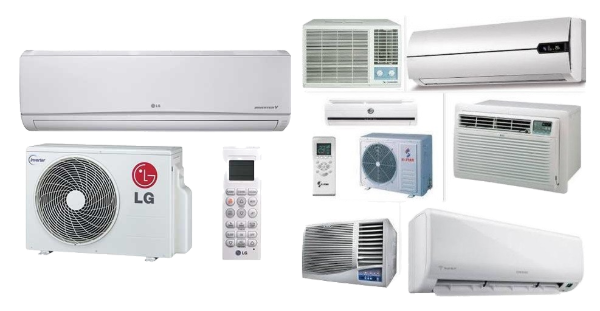One of the most important challenges in many businesses these days is the rise in electricity cost in Nigeria. This forces affect prices, reduce margins and, in general, reduce sales.
And one of the costs that is being noticed the most is electricity cost. Globally, they are out of proportion for reasons that, right now, are beside the point. They may be more or less circumstantial or not, but, in any case, they influence the day to day activities of both businesses and homes.
Therefore, it is important to know how much a unit of electricity cost in Nigeria and what we can do to reduce those energy costs in any way.
How Much a Unit of Electricity Cost in Nigeria
As of June 2021, the price of electricity is N24 per kWh for households and homes and N38.5 for businesses which includes all components of the electricity bill such as the cost of power, distribution and taxes.
There are eleven (11) electricity distribution companies (DisCos) operating in Nigeria and they are fond of hiking electricity tariffs for kilowatt unit of energy, and that is frustrating people from Lagos to Abuja.
Nigerian Electricity Regulatory Commission (NERC) suddenly increase electric bill which they called ‘Service Reflective Tariff’ from 30.23 Naira for one kwh (kilowatt unit of energy per hour) to as much as 62.33 Naira per kwh.
How many units of electricity can 1000 naira?
From rough calculation, and personal experience of the electricity cost in Nigeria. For N1000 purchase, you can get you 15.3 units of electricity, if you are a customer that is the residence tariff class.

How is electricity consumption calculated in Nigeria?
For metered customers, how much a unit of electricity cost depends on the following Factors:
- Factor 1. Your location:
- Factor 2. Your Tariff Class: Every electricity customer must belong to a specific tariff class.
- Factor 3. Your Tariff Rate, which usually depends on your Tariff Class. The tariff classes has unique tariff rate applicable to each. To see the tariff rate applicable to you, please check the NERC site, click the list of DisCos on the side bar (DisCo’s Tariffs) and click on the name of the DisCo that you believe supplies you with electricity.
- Factor 4. The quantity of energy you consume in KWh.
Tariff Classes
As mentioned in factor 2, there are five (5) major Tariff Classes that include:
- Residential: If you use your premise exclusively as a residence – house, flat, or multi-storied house
- Commercial: If you use your premise for any purpose other than residency or if you use it as a factory for manufacturing goods
- Industrial: If you use your premises for manufacturing goods including welding and ironmongery
- Special: For customers such as agriculture and agro-allied industries, water boards, religious houses, government and hospitals, research institutes and educational institutes.
- Street Lights: for street lightening as the name implies.
Here are 7 tips to lower the electricity cost in Nigeria for our businesses and homes.
In addition, thanks to them, we will also have an efficient company and we will contribute to the fight against climate change.
1. Analyze and optimize your electricity rate
This is the key point and where there may be more room for savings (or where most of the cost can go).
The situation of the electricity cost in Nigeria, where many marketers hike their rates, and we have less supply than ever.
We must take advantage of this circumstance, as well as the changing electricity law to reduce costs as much as possible.
This begins with a good analysis of our consumption and our electricity rate . We may spend most of the energy at certain times, or we can shift the bulk of consumption to another time when the rate is more favorable.
In the same way, there are some subscriptions that offer flat rates, others in which you can select those hours in which you want the energy to be cheaper… Be that as it may, this is the first necessary and most important step. Without it, the rest of the tips lose much of their effectiveness.
2. Use natural light as much as possible
I have visited many offices during these years and some rooms, with huge windows through which the sun entered generously, also had the lights on.
It does not make any sense.
In fact, the ideal would be, if we can, to relocate the tables and stalls to make better use of that natural light. After all, this has also been shown to contribute to less stress and better work capacity.
3. Install motion sensors for outdoor lighting
In the event that your business has a site, an exterior part, etc., we can install motion sensors that depend on the lighting that we have there to turn on and off.
What’s more, the combination of a solar panel in the light, together with a motion sensor, will mean that we no longer have to worry about that part of the energy bill.
4. Replace old and inefficient equipment with new and efficient ones
Technology is advancing by leaps and bounds, and when it comes to lower energy consumption, too. For this reason, it is important to invest in new electrical equipment, with an A energy efficiency rating and standards.
Not only will we reduce electricity cost in Nigeria, but will save energy, and will probably also work much better and our home will function more efficiently. Few things are more frustrating than dealing with outdated equipment.
5. Turn down the thermostat a degree or two
Air conditioning and heating, in addition to being a common friction in many offices and homes, also represents a significant expense in electricity cost in Nigeria.
The easiest way to reduce it is to lower the heating thermostat a degree or two in the cold season and raise it a degree or two in the summer.
You will save money and energy without affecting your comfort level, since that difference in temperature will hardly be noticeable on a day-to-day basis.
6. Install new habits of turning off lights and equipment
Another common thing I’ve seen both at homes and in office jobs is to walk away and leave the lights on and computers or television sets on.
We have to put an end to that and, incidentally, instill responsible consumption habits and turn off the lights. If there is no one in a room, the light does not have to be on. If we leave, the computer and TV shuts down.
In the same way, going through the night and seeing office buildings with the lights on, with no one inside, is something that has always fascinated me because of the senseless waste that it entails.
7. Switch to efficient lighting
And speaking of lighting, one of the simplest and most effective steps we can take to reduce electricity cost in Nigeria is to ensure that said lighting is as efficient as possible.
This implies, in practice, using LED bulbs for lower energy consumption, since these are more efficient and require less electricity to provide the same light as traditional ones, since they lose much less energy in the form of heat.
It will also save you money in the long run and doesn’t emit harmful chemicals like other types of bulbs. They also have a longer lifespan than regular ones, saving us on replacement costs.
As we can see, there is always room for strategies to reduce electricity cost in Nigeria. Sometimes that margin may not be much, but when it comes to business, every little act adds up.






